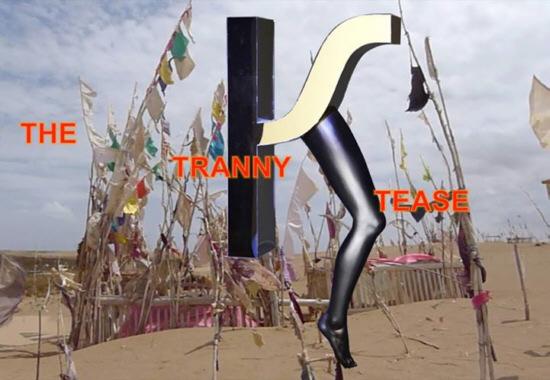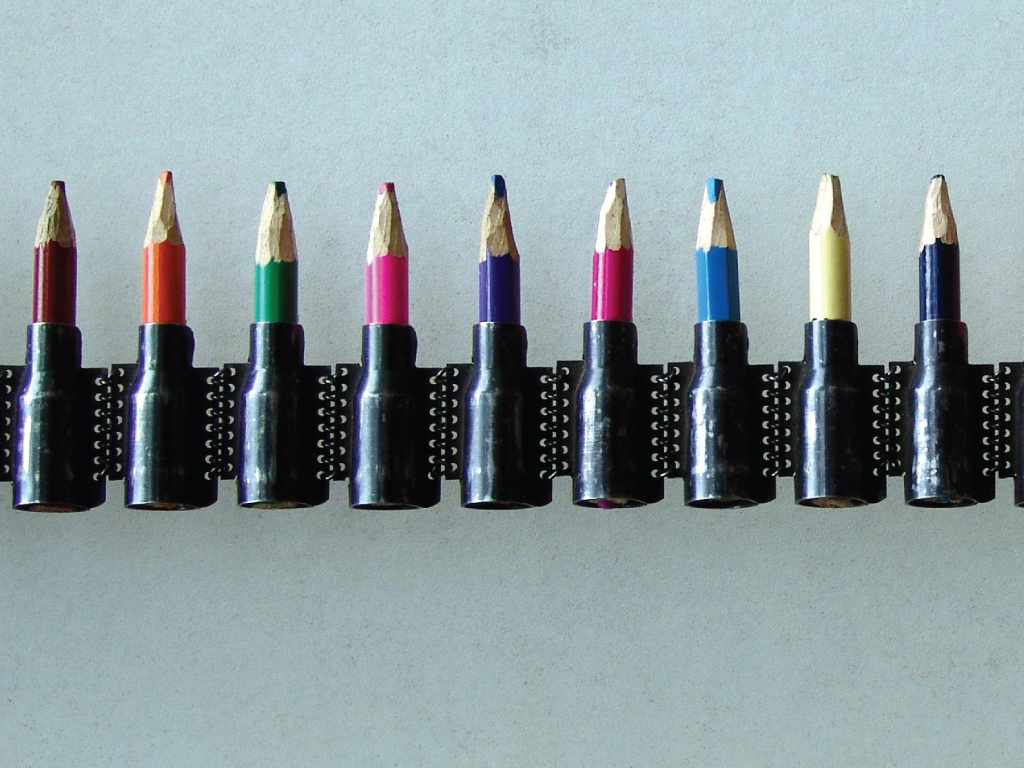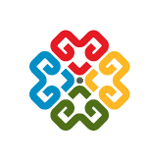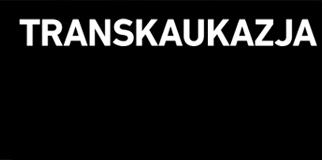Transkaukazja in London: Foreignness of Sound
2014-11-28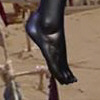 Foreignness of Sound: live art events exploring the links between sound, language, communication and cultural identity in the context of contemporary Caucasus with participation of Slavs and Tatars, Zorka Wollny, Maspindzeli Choir, Mamuka Japharidze, Sayat Nova Project and Robert Chenciner.
Foreignness of Sound: live art events exploring the links between sound, language, communication and cultural identity in the context of contemporary Caucasus with participation of Slavs and Tatars, Zorka Wollny, Maspindzeli Choir, Mamuka Japharidze, Sayat Nova Project and Robert Chenciner.11 - 15 December 2014
ICA and SOAS, London
Foreignness of Sound addresses the relationship between sound, language, human communication, and the concept of national identity within the context of the multiplicity of languages and cultures in the Caucasus. The project represents the first UK instalment of the Transkaukazja programme and features a series of performances, talks, screenings and workshops that centre on Caucasian languages and voices.
Located on the peripheries of Europe and Asia, the mountain range of the Caucasus forms a narrow land bridge between the Black and Caspian seas. For centuries, the area’s complex and multifaceted cultural heritage and linguistic variety has been renowned. Dubbed ‘the mountain of tongues’ by tenth-century Arab geographers, this small territory that has been divided, united and re-divided repeatedly throughout history boasts one of the highest concentrations of indigenous tongues in the world. There are 40–50 Caucasian languages spoken among 8 million people, in communities ranging in size from only a few hundred people to large national groups of millions. These languages fall into three main groups, but none has been decisively linked to any other language on earth. Often characterized by an enormous number of consonants but a minimal vowel system, each tongue is unique, possessing its own composition, form and dynamic.
Foreignness of Sound celebrates this diversity, bringing together alternative forms of art and innovative collaborations (e.g. between visual artist and a choir) that are inspired by the ethno-linguistic mosaic of the Caucasus. The project provides local and international artists, musicians and academics with a platform for exploring the creative agency of sound and the poetics of voice as the fundamental basis of our experience of language and communication, and by extension, our identity. With an emphasis on speech and sound, the resulting works invite audiences to consider the nature of communication, cultural miscommunication and the role that language plays in our formation of cultural and national identity.
Curated by Katarzyna Sobucka
Full programme on www.artsterritory.org
Part of Transkaukazja Program: www.transkaukazja.eu
Programme:
Thursday, 11 December @ 7pm
ICA, The Mall, London SW1Y 5AH
Slavs and Tatars - Lecture Performance: The Tranny Tease
Through the lens of phonetic, semantic, and theological slippage, The Tranny Tease will explore the potential for transliteration, or the conversion of scripts, as a strategy of both resistance and research into identity politics, colonialism, and faith. Focusing on the Turkic languages of the former Soviet Union, Anatolia and Xinjiang/ Uighuristan, The Tranny Tease attempts not to emancipate people or nations but the sounds rolling off our tongues.
Zorka Wollny and Maspindzeli Choir
Polish artist Zorka Wollny will collaborate with UK-based polyphonic Georgian choir Maspindzeli on a musical composition and live acoustic performance that explores the relationship between language, sound and communication using a combination of polyphonic singing, folk repertoire, intonations, accents, pitch and modulations.
Monday, 15 December @ 6pm
SOAS, University of London,
Thornhaugh Street, Russell Square, London WC1H 0XG,
ROOM G51
Sayat Nova Project - Talk/Presentation: Mountains of Tongues, Musical Dialects from the Caucasus
Members of the Sayat Nova Project will share their research on the indigenous languages of Caucasus, presenting rare recordings of songs in obscure languages (Lezgi and Batsbi) and instruments that only exist in extremely small numbers.
Robert Chenciner - Masks, dragons eagles and tattoos secret language in the Caucasus
Robert Chenciner has travelled extensively throughout the region, including largely inaccessible and mountainous part of the Caucasus and gives a fascinating account of the local vanishing traditional cultures and multi-ethnic population in his books and publications. At SOAS he will present a talk on symbol system, tattoos, languages, folk art and kitchen gadgets, accompanied by presentation of hid findings like; bourka hairy felt cape, papakha hats, masks, books, textiles, spoonboxes etc.
tba
Mamuka Japharidze - "Bread and Butter" and "Corridor"
Mamuka will present two performances that use bi-lingual sound-play to examine new trans-cultural subjective meanings and various sensory forms of language and speech. He will interrogate how the sounds, tones, accents and rhythms of language produce meaningful and meaningless statements. Followed by talk with Ella Gibbs and Q&A session with the artist.
Notes on artists and participants:
Zorka Wollny
Polish visual artist whose work combines theatre and visual arts. She holds a PhD in Visual Arts from the Faculty of Painting at the Academy of Fine Arts in Cracow and is Junior Lecturer at the Academy of Arts in Szczecin. She has exhibited at The Zachęta National Gallery of Art, Łódź Museum of Art, Wyspa Institute of Art, Wroclaw Contemporary Museum, Museum of Modern Art in Warsaw and the Ujazdowski Castle. Wollny’s awards include the Eugeniusz Geppert Award for her achievements in painting, and 2010 Artist of the Year by Arteon art magazine. Her projects have been presented in 14 countries including Canada, India, and the United Kingdom.
Maspindzeli Choir
London based Georgian polyphonic choir led by Tamta Turmanidze. Formed by Helen Chadwick in 1999, the choir has studied authentic traditional styles of singing with visiting Georgian teachers and choirs on many occasions. They have sung for the London Georgian community numerous times, and been invited to Georgia as part of the biennial Polyphonic Symposium at the Tbilisi Conservatory of Music six times, most recently in September 2012. Singers participating in the project: Ali Warner, Annalie Wilson, Bernard Burns, David Ratcliff, Geoff Burton, Greg Shreeve, Jenny Barrett, Joan Lindeman, Justin Dyer, Susan Thompson, Toni Gutman, Yana Vlaeva, Antony Melville
Slavs and Tatars
An art collective devoted to an area east of the former Berlin Wall and west of the Great Wall of China. Their work spans several media, disciplines and a broad spectrum of cultural registers, focusing on a sphere of influence between Slavs, Caucasians and Central Asians. They have exhibited at MoMA, New York; Secession, Vienna; REDCAT, Los Angeles; Centre Pompidou and Palais de Tokyo, Paris; the third Mercosul Biennial (2001); ninth Gwangju Biennale (2012); and eighth Berlin Biennale (2014); with upcoming solo exhibitions at Kunsthalle Zürich, Dallas Museum of Art, and Galerie für Zeitgenössische Kunst Leipzig.
Keti Kalandadze was born in Georgia, but has been a UK resident for the last fifteen years. She has taught Georgian at SOAS and the Ministry of Defence School of Languages, and also works as a translator and interpreter. Keti chairs the charitable group Georgians Abroad Project (GAP), providing support to Georgians in need in Georgia and abroad. Her publications include ‘Georgia through its Folktales’ and 'Georgia through its Legends, Folklore and People'.
Sayat Nova Project
A non-profit group which aims to preserve and promote the musical dialects of the Caucasus without regard to political borders. Their recordings were made between September 2012 and June 2013 in villages, towns and cities across the South Caucasus. More than 50 musicians were recorded playing a wide variety of instruments and singing in ten different languages.
Mamuka Japharidze
Georgian artist, lives and works in Tbilisi, occasionally spending time in the UK. He works across a broad range of art media, using sound and language to construct work which he presents as physical performances as well as exhibitions/installations.
He represented Georgia at the 48th Venice Biennale.
Robert Chenciner is an independent writer based in London. Co-author of ‘Tattooed Mountain Women and Spoonboxes of Daghestan: Magic medicine symbols in silk, stone, wood and flesh’ (2006), his other books include: ‘Embroidered Flowers from Thrace to Tartary’, 1981 (with C. Marko); ‘Architecture of Baku’, 1985 (with E. Salmanov); ‘Daghestan Today’, 1989; ‘Kaitag Textile Art of Daghestan’, 1993; ‘Daghestan: Tradition and Survival’, 1997; ‘Madder Red: A History of Luxury and Trade’, 2000; and ‘Kaitag: Daghestani Silk Embroidery, An Italian Collection’, 2007 (with folklorist David Hunt). Mr Chenciner has been a Senior Associate Member of St Antony’s College, Oxford since 1987 and Hon Member of the Russian Academy of Sciences, Daghestan Scientific Centre since 1990.
Katarzyna Sobucka
Founder and curator at Arts Territory, and the director of Jazz and Experimental Music from Poland. She holds a BA (Hons) in History of Art from Goldsmiths College, University of London and an MA in Culture Criticism and Curation from Central St Martins College of Arts and Design, London.
Acknowledgments
Transkaukazja is an international program that presents works from or inspired by contemporary Caucasus. Initiated in 2004 by the team of Polish organisation Other Space Foundation, it aims to foster cultural exchange between the Caucasus region and the rest of the Europe. Arts Territory is one of twelve co-organizers of Transkaukazja 2014 and is responsible for producing the UK programme.
Event page @ FB
The Foreignness of Sound is realised with the support form The Other Space Foundation and Kultur Aktiv.
Coordinated by Magdalena Krześlak
-----------------------------------
This project has been funded with support from the European Commission. This webpage reflects the views only of the author, and the Commission cannot be held responsible for any use which may be made of the information contained therein.
Home page
